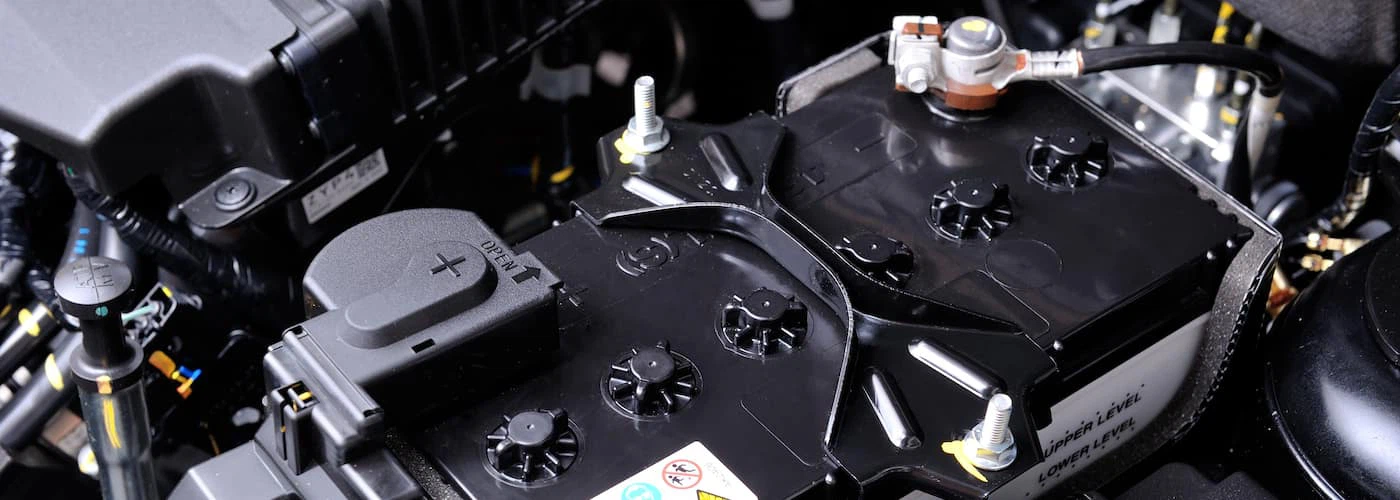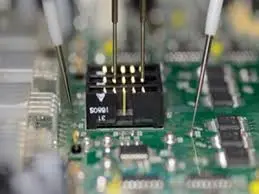One common question that car owners have is how long they can safely leave their car battery disconnected.
Whether it’s due to maintenance, repairs, or storing a vehicle for an extended period of time, knowing the limits for battery disconnection is important to prevent any potential damage.
The importance of disconnecting a car battery
Disconnecting a car battery is often necessary for various reasons, such as performing maintenance or repairs, or when storing a vehicle for an extended period. It is essential to understand the importance of properly disconnecting the battery to prevent any potential damage.
By disconnecting the battery, you are cutting off the power supply, protecting sensitive electronic components, and preventing any accidental short circuits. This process also helps to preserve the battery’s life and prevent drainage.
However, it is crucial to keep in mind that disconnecting a car battery for too long can lead to battery drain or even complete failure.
Factors
There are several factors to consider before disconnecting a car battery for an extended period. Firstly, the age and condition of the battery play a significant role. Older batteries may have shorter lifespans, and leaving them disconnected for too long can lead to a complete failure.
Secondly, the weather conditions in which the vehicle will be stored should be taken into account. Extreme temperatures can have a significant impact on battery life. In colder climates, a disconnected battery may lose its charge faster.
Lastly, the overall health of the vehicle’s electrical system should be considered. If there are any existing issues or electrical draws in the system, leaving the battery disconnected for an extended period may cause further problems.
Recommended time frame
When it comes to leaving a car battery disconnected, it is generally recommended not to exceed a period of two to three months. This time frame takes into account the various factors mentioned earlier, such as the battery’s age and condition, weather conditions, and overall health of the electrical system.
Leaving a car battery disconnected for too long can lead to several issues. Firstly, the battery may lose its charge, requiring a jump start or recharge to get the vehicle running again.
It is important to note that the recommended time frame may vary depending on individual circumstances. If you plan on leaving your car battery disconnected for an extended period.
Precautions to take when reconnecting a car battery
After leaving a car battery disconnected for an extended period, it’s essential to take some precautions when reconnecting it to ensure proper functionality and safety. Here are some important steps to follow:
1. Inspect the battery:
Before reconnecting the battery, visually inspect it for any signs of damage or corrosion. If you notice any issues, it’s recommended to clean or replace the battery as necessary.
2. Check the terminals:
Verify that the battery terminals are clean and free of corrosion. If there is buildup, clean it using a mixture of baking soda and water, along with a wire brush. This step ensures a good electrical connection.
3. Connect the positive terminal first:
When reconnecting the battery, always connect the positive terminal first. This reduces the risk of accidental short circuits and sparks.
4. Connect the negative terminal:
After connecting the positive terminal, proceed to connect the negative terminal securely. Again, ensure a tight connection to prevent any electrical issues.
5. Test the battery:
After reconnecting, start the vehicle and let it run for a few minutes to ensure that the battery is charging properly. If there are any issues, such as difficulty starting the vehicle or dimming lights, it may indicate a problem that needs immediate attention.
Signs that indicate a car battery needs replacement
While disconnecting and reconnecting your car battery can help maintain its functionality, there may come a time when a replacement is necessary. A car battery typically lasts between three to five years, depending on various factors such as climate and usage.
1. Difficulty starting the vehicle:
If you find that your car is struggling to start, even after it has been idle for a while, it could be a sign of a weak battery.
2. Dimming headlights and electrical issues:
When the battery is losing its charge, you may notice headlights becoming dimmer or flickering. Additionally, you might experience issues with other electrical functions, such as power windows and radio.
3. Corroded or swollen battery case:
If you notice corrosion or swelling on the battery casing, it may mean that the battery is leaking or overheating, indicating a replacement is necessary.
4. Old age:
As previously mentioned, car batteries have a limited lifespan. If your battery is several years old, regardless of visible signs of wear, it is wise to consider getting a new one.
5. Frequent jump-starts:
If you find yourself needing a jump-start more often than usual, it suggests that the battery is no longer holding a charge effectively.
Conclusion
It is important to be aware of the signs that indicate it may be time to replace your car battery. Difficulty starting the vehicle, dimming headlights, electrical issues, a corroded or swollen battery case, and frequent jump-starts are all signs that your battery is no longer functioning optimally.
By replacing your car battery when necessary, you can prevent these issues and keep your vehicle running smoothly. It is advisable to consult with a professional mechanic to ensure you choose the right battery for your specific car make and model.
Taking care of your car battery will help to extend its lifespan and maintain its functionality. So, be proactive and stay on top of your battery’s condition to avoid any unexpected surprises on the road.
FAQs:
Q: How long is it safe to leave a car battery disconnected during maintenance?
For routine maintenance tasks, such as replacing spark plugs or working on the electrical system, it’s generally safe to leave the battery disconnected for up to 30 minutes. However, it’s essential to reconnect the battery promptly to avoid potential issues.
Q: Can a car battery discharge completely during extended disconnection?
Yes, over an extended period, a disconnected car battery can gradually discharge. To prevent this, consider using a battery maintainer or disconnecting the negative terminal to minimize discharge.
Q: Are there specific guidelines for reconnecting a car battery after a long disconnection period?
Yes, it’s advisable to recharge the battery before reconnecting it after a long period of disconnection. Check the battery voltage and condition before reconnection to ensure a smooth start and avoid potential damage to the vehicle’s electrical systems.
Q: What measures can be taken to preserve a car battery during storage?
To preserve a car battery during storage, store it in a cool, dry place, and consider using a battery maintainer to prevent discharge. Disconnecting the negative terminal or applying a trickle charge can also help maintain optimal battery health during storage.










